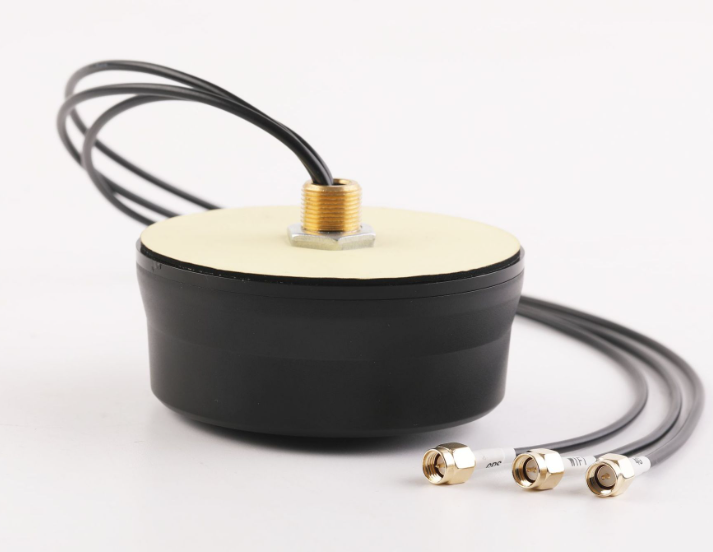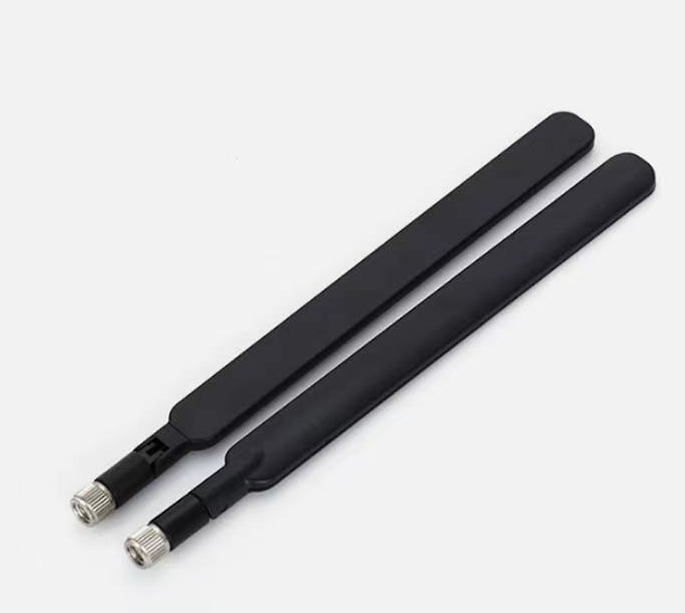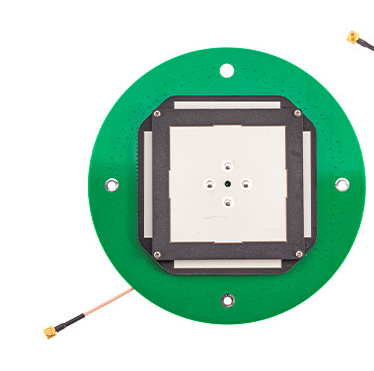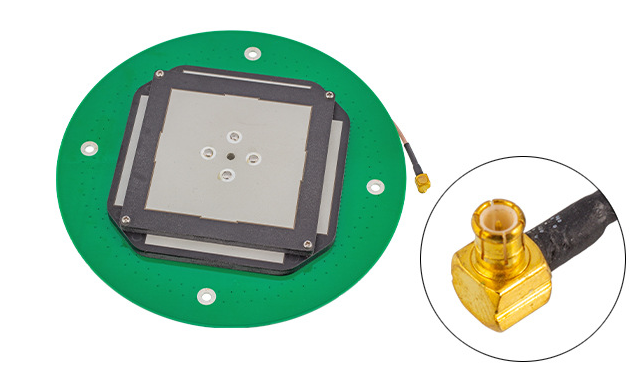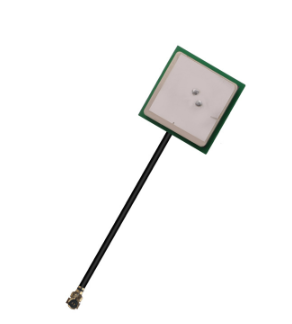Gps Antenna matching (discussion on GPS Antenna matching)
With the wide application of Global Positioning system (GPS) technology, GPS antennas play an important role in various fields. As one of the key factors to ensure the performance of GPS equipment, GPS antenna matching is of great significance to improve the reception quality and stability of GPS signals. This paper will discuss the basic principles, technical points and practical applications of GPS antenna matching.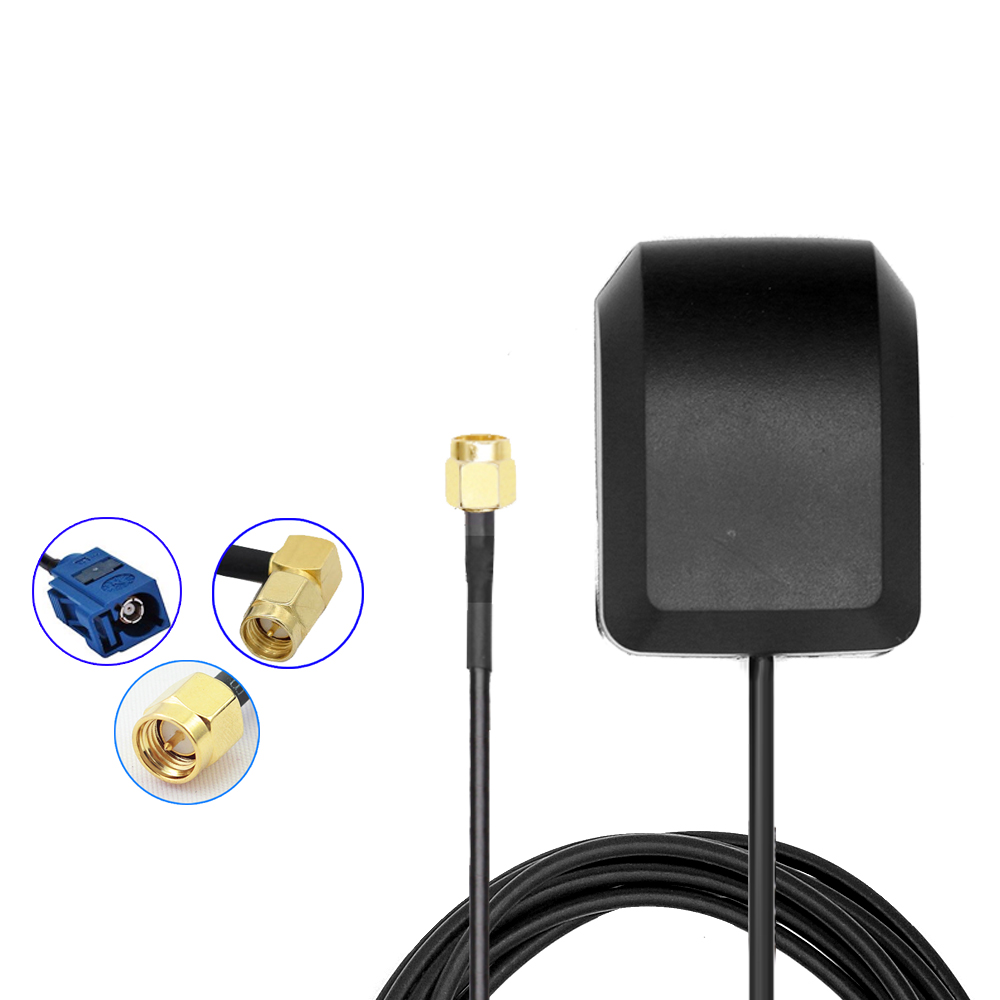
Basic principle of GPS Antenna matching
GPS antenna matching mainly involves impedance matching between antenna and receiver. Impedance matching is the key to ensure signal transmission efficiency. For GPS antenna, it mainly involves signal frequency and phase matching.
1. Frequency matching: the frequency of the GPS signal is fixed, usually in the L1, L2 and other frequency bands. In order to ensure the effective reception of the signal, the frequency of the GPS antenna needs to match that of the GPS signal. Frequency matching can improve the reception quality of the signal and reduce signal loss.
2. Phase matching: phase matching is an important factor to ensure the stability of signal transmission. The phase response of the GPS antenna should match the phase characteristics of the GPS signal to ensure the phase consistency of the signal and improve the positioning accuracy.
Technical points of GPS Antenna matching
1. Select the appropriate antenna type: according to the application scene and requirements, choose the appropriate GPS antenna type. Different types of GPS antennas have different performance characteristics, such as spiral antenna, plate antenna, microstrip antenna and so on. Choosing the appropriate antenna type can help to improve the signal reception quality and positioning accuracy.
2. Impedance matching design: according to the frequency and phase characteristics of the GPS signal, the antenna impedance matching design is carried out, which includes selecting the appropriate feeder and adjusting the input impedance of the antenna to ensure the effective transmission and reception of the signal.
3. Consider environmental factors: in practical application, the influence of environmental factors on GPS antenna matching can not be ignored, such as multipath effect, blocking objects and so on will affect the reception of GPS signals. In GPS antenna matching, we need to fully consider environmental factors and take corresponding measures to compensate and adjust.
Application of GPS Antenna matching
1. Aerospace field: in the aerospace field, GPS antenna matching is very important for navigation and positioning, and accurate GPS positioning is of great significance for flight safety, route planning and so on.
2. Civil field: in the civil field, GPS antenna matching is widely used in smart phones, vehicle navigation, outdoor sports and other fields, and the accurate GPS positioning function provides convenience for people's life.
3. Scientific research field: in the field of scientific research, GPS antenna matching technology is of great significance to the research of geophysics, meteorology, oceanography and other disciplines. Accurate GPS positioning data provide valuable research data for researchers.
Optimization Strategy of GPS Antenna matching
1. Optimize the antenna design: by improving the antenna design, improving the receiving performance and anti-jamming ability of the antenna, using high-performance chip, optimizing the structure of the antenna and so on.
2. Select the appropriate feeder: the feeder is an important part of connecting the antenna and the receiver, and selecting the appropriate feeder can improve the transmission efficiency of the signal.
3. Software algorithm optimization: through software algorithm optimization, the processing efficiency of GPS signal is improved, and filtering algorithm and signal enhancement technology are adopted to improve signal receiving quality and positioning accuracy.
4. Consider the environmental factors: in the GPS antenna matching, we need to fully consider the influence of environmental factors on the signal, and take corresponding measures to compensate and adjust the environmental factors, such as using multi-antenna technology, increasing anti-jamming ability and so on.
GPS antenna matching is one of the key factors to ensure the performance of GPS equipment. The receiving quality and positioning accuracy of GPS signals can be improved by selecting appropriate antenna types, impedance matching design and considering environmental factors. With the continuous development of global positioning system technology, GPS antenna matching technology will continue to be improved and optimized to provide more accurate positioning services for applications in various fields.
Prospect
With the rapid development of the Internet of things, self-driving and other fields, the demand for GPS positioning accuracy will be higher and higher, and GPS antenna matching technology will face greater challenges and opportunities. Future research directions include:
1. Research on new antenna technology: study the new antenna structure, material and technology to improve the receiving performance and anti-jamming ability of the antenna.
2. Optimization of software algorithm: by optimizing software algorithm, the processing efficiency and positioning accuracy of GPS signal are improved.
3. Multi-system fusion positioning: multi-system fusion positioning technology is studied, and GPS is integrated with other positioning systems (such as Beidou, Galileo, etc.) to improve positioning accuracy and reliability.
4. Intelligent management: study the intelligent management technology to realize the automatic matching and adjustment of GPS antennas, and improve the convenience and management efficiency of the equipment.
With the continuous development of GPS technology and the expansion of application fields, GPS antenna matching technology will play a more important role in the future. Through continuous research and innovation, we will continue to improve and optimize GPS antenna matching technology to provide more accurate and stable positioning services for various fields.
